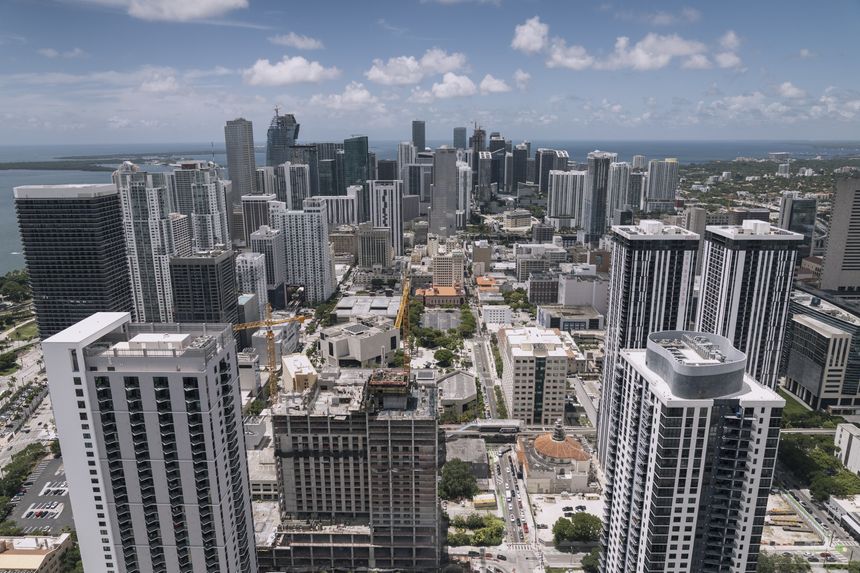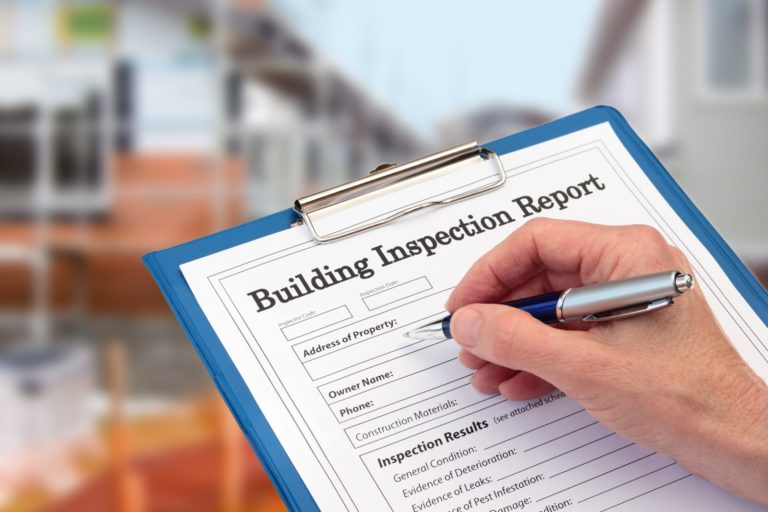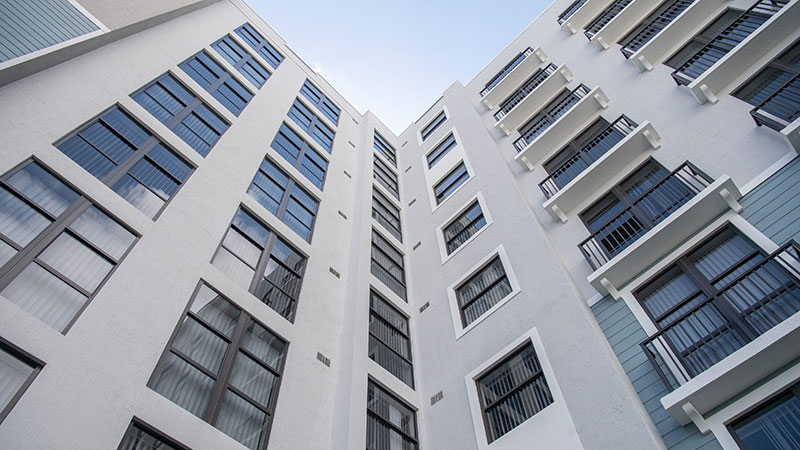Post Surfside Tragedy: Effects of New Condo Requirements
Tue Jan 3, 2023 by Oppenheim Law on Florida Law News & Florida Real Estate

|
Getting your Trinity Audio player ready...
|
After the horrific collapse of the Champlain Towers in Surfside, the Governor signed into law that structural inspections are required of most condos over 30 years old, or 25 years old if located within three miles of the coast. Reports of these inspections must be presented to condo owners, condo associations, and local municipalities. If the inspections show major structural problems, local enforcement agencies and condo associations are to determine how to pay for the repairs, ultimately requiring condo owners having to pay. Even if structural repairs are not needed immediately, reserve requirements are an issue for condo owners in these aging condos.

The issue of reserves and assessments are not new. While many associations and condo owners in the past may have known of repairs that are needed, often associations routinely waived assessing reserves because, in especially older condos, either condo owners could not afford or did not vote in favor of paying them.
Under the new law, condos are no longer able to waive reserves for buildings that are not found to be structurally sound. Such condos may have to make up years of waived reserves and provide new reserves in order to insure the structural integrity of the buildings. Should the condos not address the need for repairs, the new law enables local governments to penalize condo associations.
While safety is the utmost priority, the fact remains that approximately two-thirds of the condos in Miami, for instance, are older than 30 years. Most condo residents of these buildings may have resided there for the same amount of time, many of whom are on fixed budgets. Insurers will certainly increase their premiums on liability policies on older buildings that do not have adequate reserves as their financial exposure will invariably increase. Thus, the new law may pose a financial hardship for these residents. Miami-Dade County has set aside $9 million to offer zero interest loans to condo owners who earn less than 140% of area median income to help those condo owners who do not have the financial wherewithal to pay for association dues, past and current reserve requirements. The Condominium Special Assessment Program is designed to assist condo owners whose condos require substantive repairs and rehabilitation due to applicable building integrity recertification.

Picture courtesy miamidade.gov
At a time when insurance rates are skyrocketing, and interest rates are high, increased reserves and assessments will lead to a slowdown in the condo market, with more people renting. Simply put, the increased cost of condo ownership will affect those older condos and even newer condos as more reserves will be required. If there are large repairs needed for the safety of condo’s structure and there are condo owners who are not able to pay the assessments, there may be an issue as to whether those owners would potentially face foreclosure by the association.The condo documents may need modification to address this issue.
Developers and investors also may continue to potentially negotiate and offer lowered prices to tear down aging condo buildings in order to build new construction especially if condo associations are unable to pay for necessary maintenance and repair costs. If that happens, local building departments may have to rev up their code enforcement policies and begin the unpleasant process of condemnation of entire buildings.
What does this all mean?
We all will agree that the structural integrity of any building is the utmost priority. That said, with so many older condos waiving necessary assessments and reserves in the past to make repairs and maintain their buildings, we are at a crossroads. Condo owners and associations must have the financial ability to pay in order to bring their condos up to code; however, the reality is that not all are able to do so. As a result, the condo market for these older buildings will be in flux for some time especially if some of these buildings are torn down. Yet, the question as to where the condo owners in these older condos move remains to be seen.
Roy Oppenheim
From The Trenches


Leave a Reply